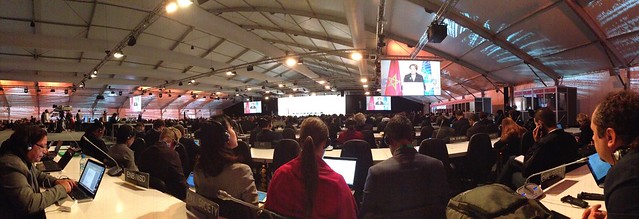
Rain greeted the first day of this year's UN climate talks in Marrakech. But that did not dampen the spirits, still on a high from the December 2015 climate agreement concluded in Paris.
At least some of the politicians and bureacrats know that we are already feeling the impacts of a hotter climate. There is a sense of urgency, that we cannot sit on our laurels, but need to continue to maintain the momentum.
I was able to grab a seat in the Casablanca Plenary hall and watch the proceedings live in the neighboring Marrakech Plenary Hall. There were the speeches and some theatre involving LED lights, a giant plastic ball of earth with a smiley face, and a troupe of drummers.
After that, it was down to work with the negotiations, much of which will focus on finance and developing the new rulebook for the Paris Agreement, as well as how to enhance pre 2020 ambition.
The negotiations are complex, and with 197 parties to the UNFCCC, progress on achieving consensus can seem interminably slow.
Now that 100 nations have ratified the Paris Agreement, and the agreement entering into force on November 4th, 3 days before the start of the COP, an important priority will be an accelerated timetable for implementation. When it was being negotiated the view was that it would come into force around 2020 for implementation. That date has been brought forward, so we need to also bring forward actions enshrined as part of the agreement.
There is a big push by civil society and most parties (in the CMA meeting) to have the rulebook, the detailed rules and methodologies on transparency, accounting and other measures, finalised by 2018.
2018 is also when a major Facilitative Dialog is scheduled. That is when each country can ask questions of other countries climate action plans. At the moment developed countries are going through this process this year, but it will be expanded to cover all nations.
The Facilitative Dialog process for Australia has focussed keen attention on Australia's low targets and poor mechanisms for reducing emissions. Part of the process is conducted ahead of time with questions on notice, and published replies, but also there are interrogatory sessions where Australian diplomats are asked live questions. There is one such session this Saturday. See the Second multilateral assessment process Australia.
A global stocktale is currently planned for 2023.
Finance is also a very complex area. There is mitigation finance under the $100 billion per year roadmap, with sources of finance still being defined. Then there is adaptation finance, and lastly Loss and Damage finance. They are all discreet piles to address specific issues.
And near the end of the day the Climate Action Network held their Fossil of the Day Award, always an entertaining event. The first Fossil was won by Turkey.
Many countries have delegation offices and pavillions. Australia's delegation offices are non-descript near the back of the Pavillion Hall housing the US offices and pavillion.
Australian ratification of Paris Agreement near?
The good news from Australia is that the Joint Standing Committee on Treaties (JSCOT) have published their report on the Paris Agreement recommending ratification. This opens up the possibility that Foreign Minister Julie Bishop and/or Energy and Environment Minister Josh Frydenberg may formally lodge Australia's ratification documents with the UN during the second week of COP22.
Last week I reported that Segolene Royal, the French Environment Minister, said that ratification might happen as soon as 15 November, at the UN climate talks..
Here is an excerpt from the executive summary of the JSCOT report:
In Australia, the Agreement has been welcomed as a positive step forward, supporting collective action on anissue that is considered of global concern. The Agreement provides an inclusive, common framework, sets clear goals and establishes a realistic process and pathway to move forward.
Australia has committed to reducing emissions by 26 to 28 per cent below 2005 levels by 2030. There is some concern that this target may not be sufficient to contribute to meeting the global target of below 2°C, and ideally 1.5°C, set by the Agreement.
Questions were raised regarding the ability of Australia’s current climate change policy framework to meet the demands of the country’s commitments under the Agreement. The need for a stable, scalable framework with broad political support was stressed to provide confidence to stakeholders going forward.
The proposed review of Australia’s climate change policy framework in 2017 is seen as an early opportunity to provide the groundwork for the mandated five yearly reviews due to commence in 2023, particularly with regard to setting Australia’s future Nationally Determined Contributions or NDCs.
Despite the concerns a range of opportunities were identified for Australia to successfully adapt to the changing conditions and to take advantage of the transition to a global low-carbon economy. These include the expertise Australia has developed responding to extreme weather events, ongoing demand for its mineral resources in the manufacture and development of renewable technology and its abundant renewable power resources.
However, the transition to the low-carbon economy will require careful planning to ensure that the benefits of Australia’s advantages are spread evenly across the population. Practical solutions have be found to address the social and economic changes faced by Australia as a user and exporter of carbon intensive commodities.
The Committee recommends that both the Paris Agreement and the Doha Amendment to the Kyoto Protocol to the United Nations Framework Convention on Climate Change be ratified as soon as possible.
Photos from the Openning Plenary
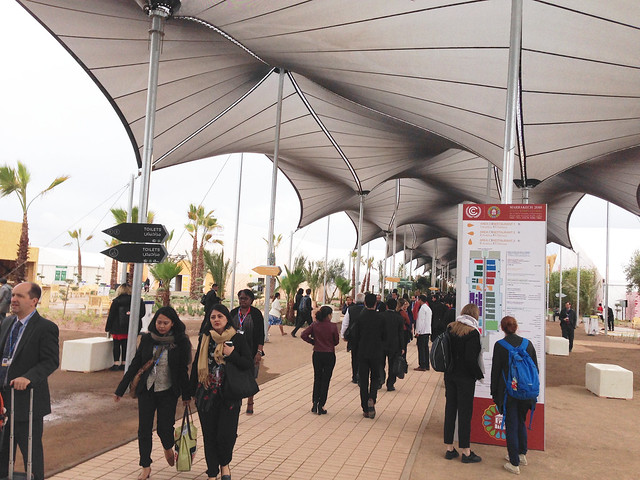
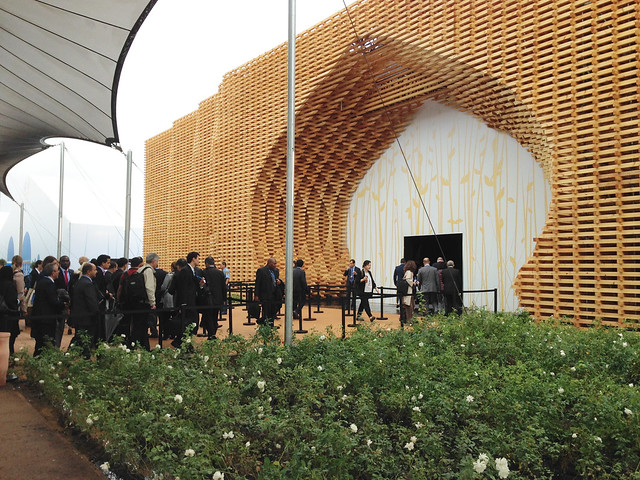
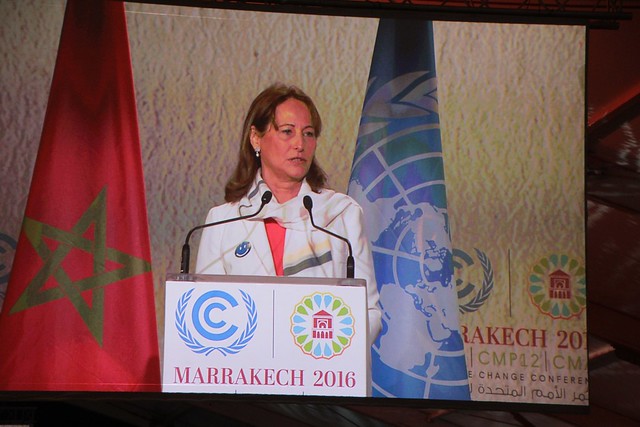
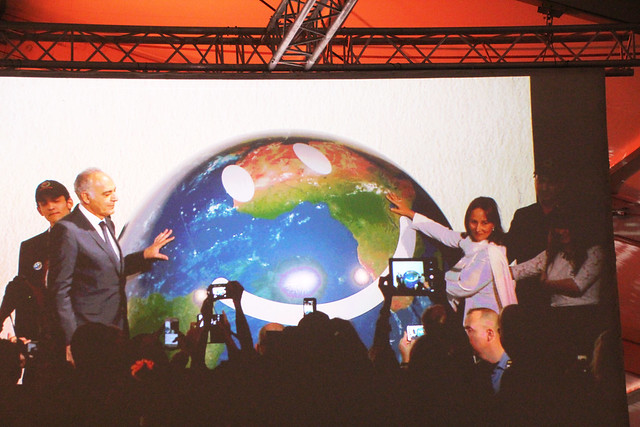
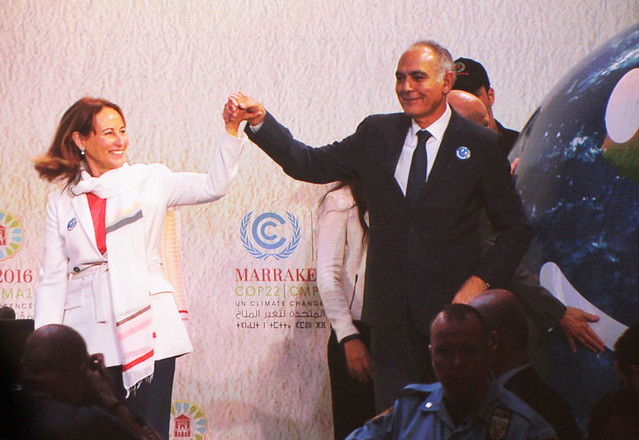
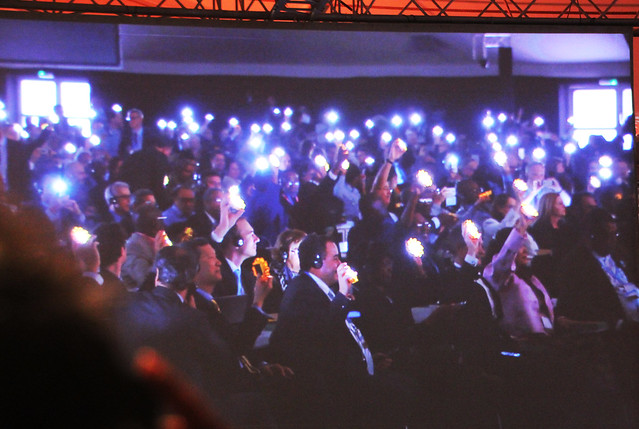
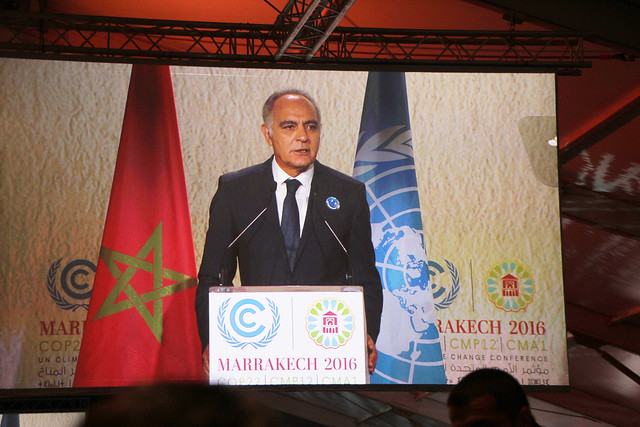
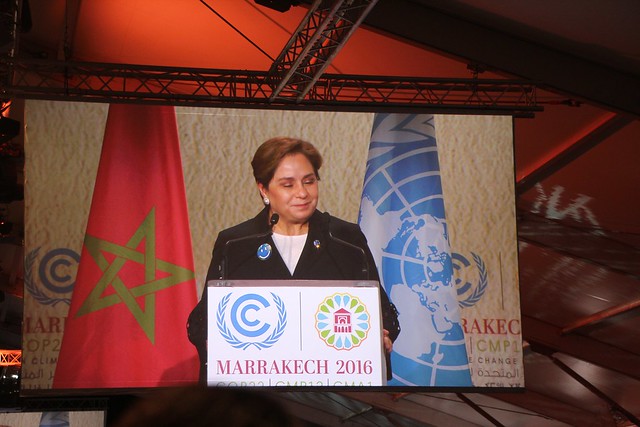
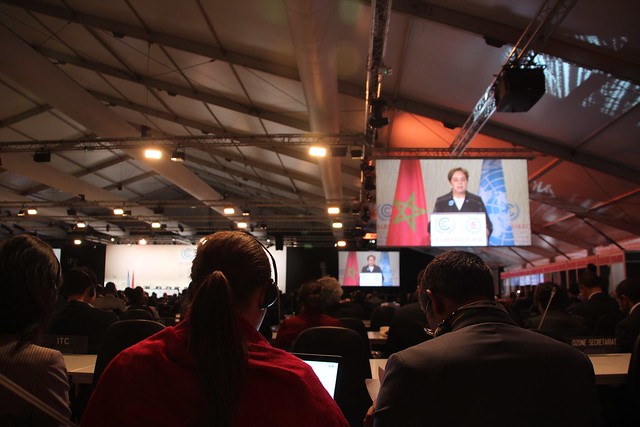
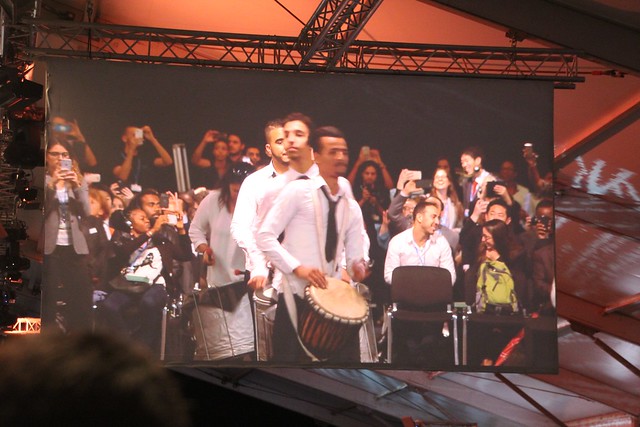
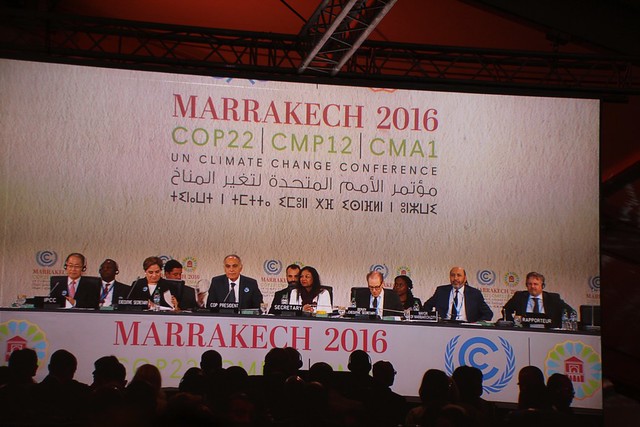

No comments:
Post a Comment